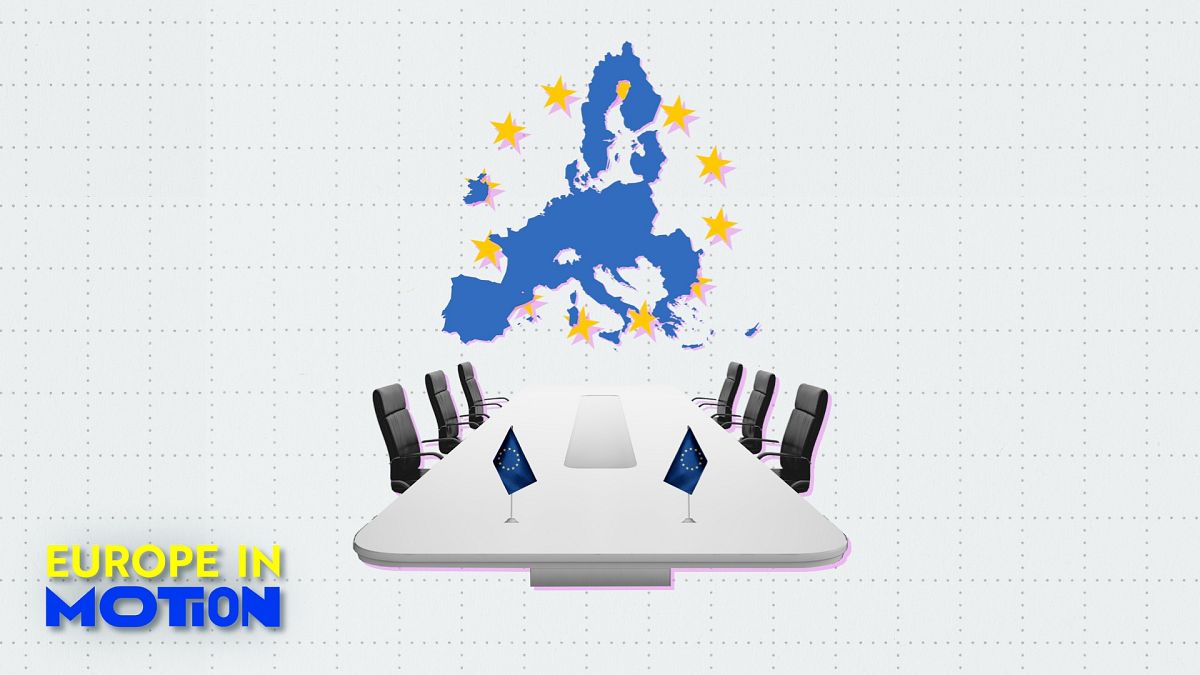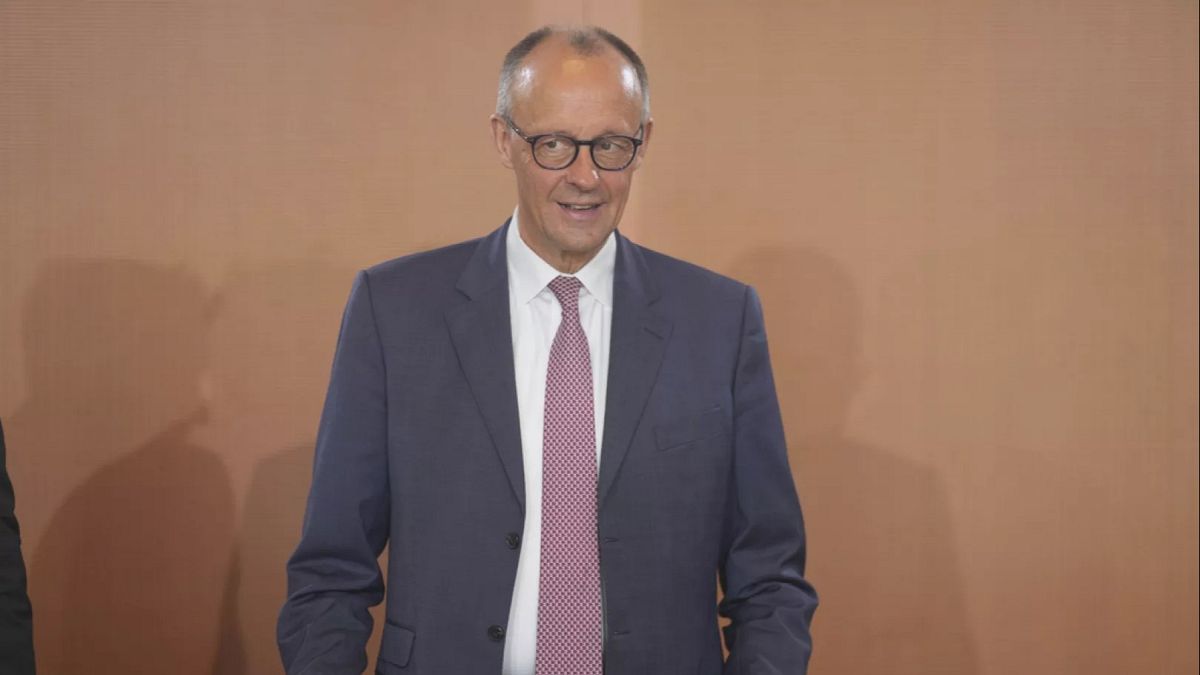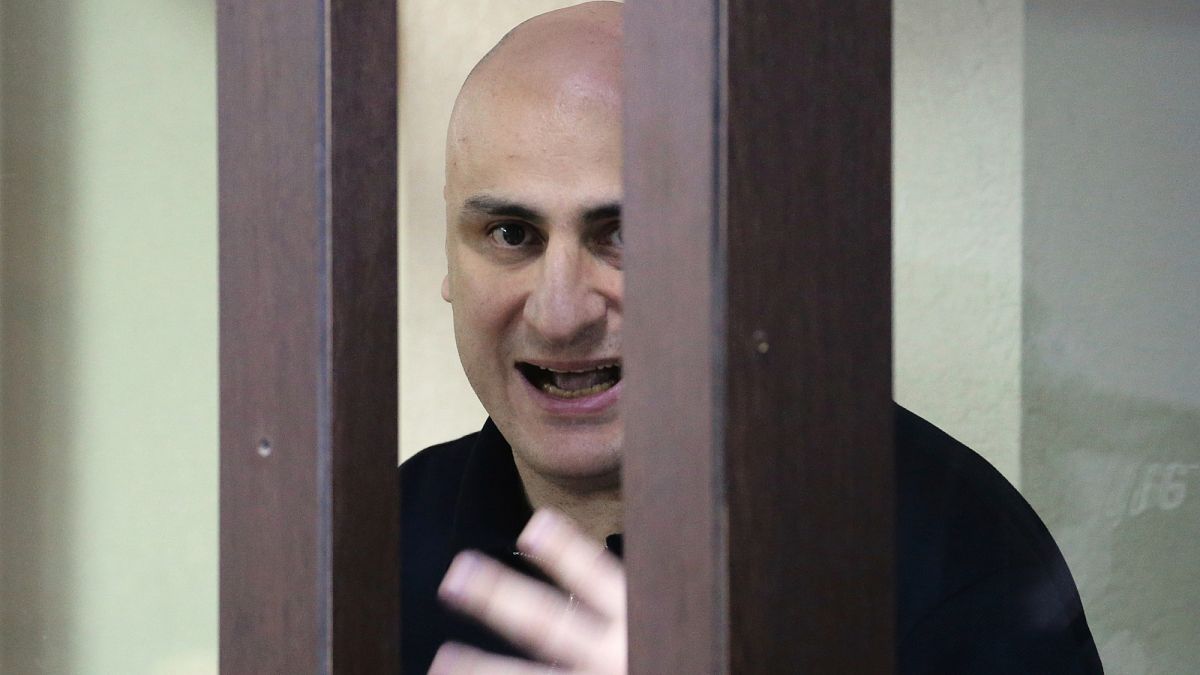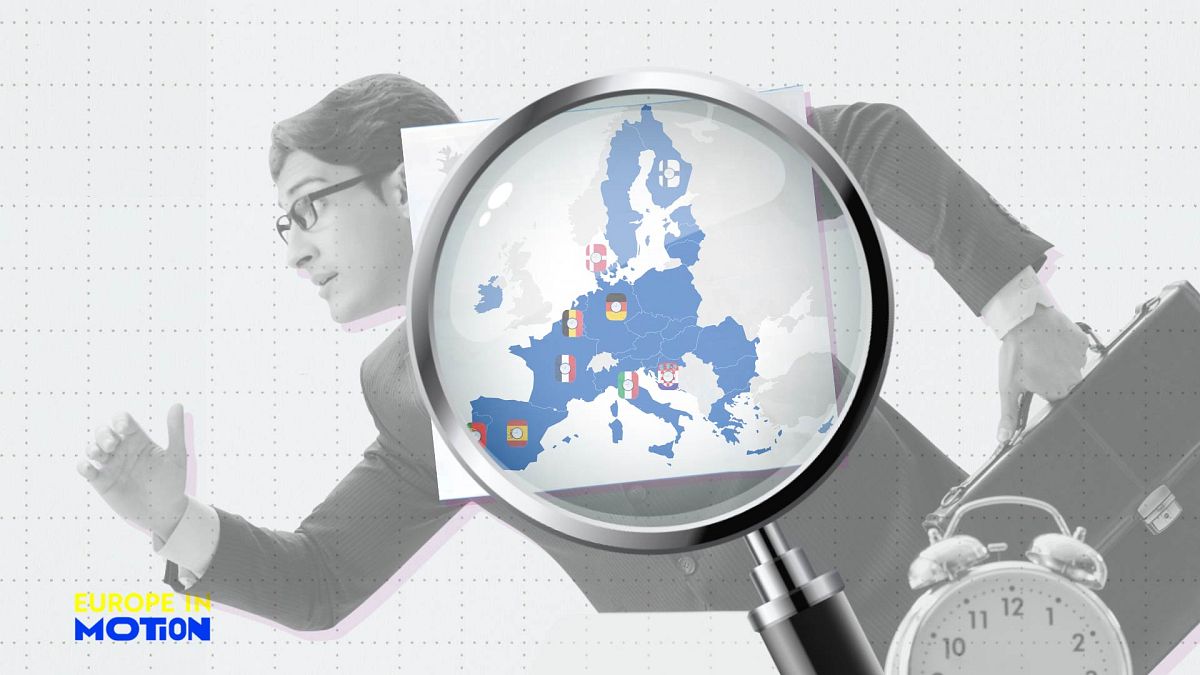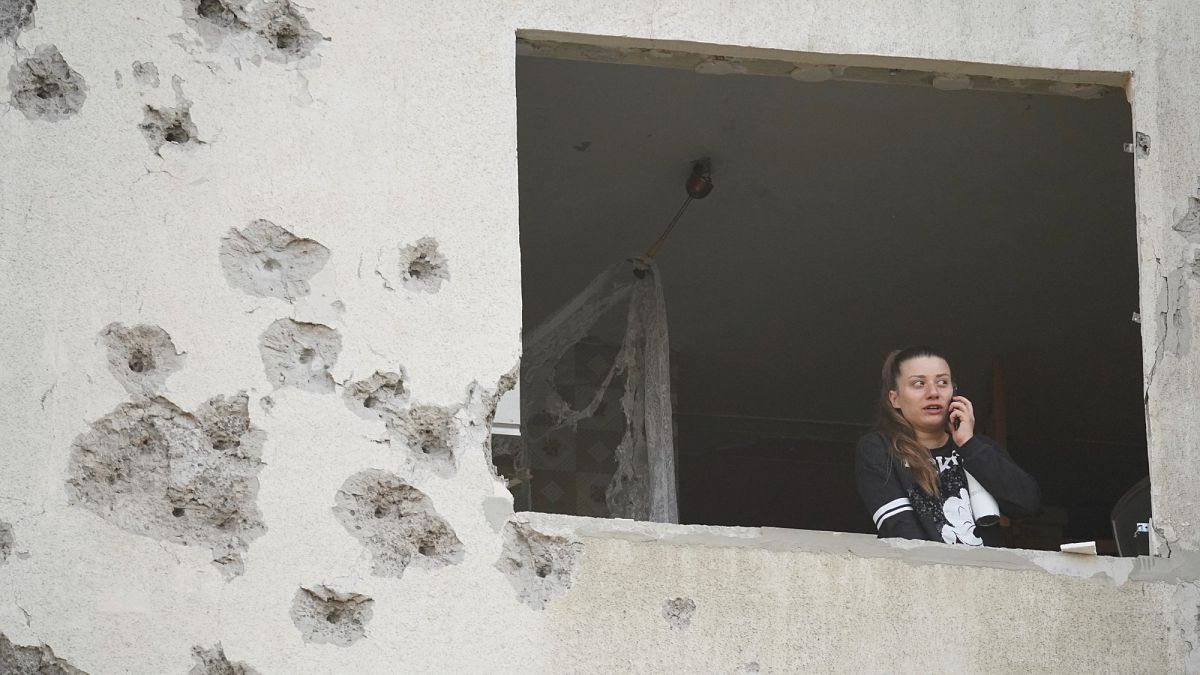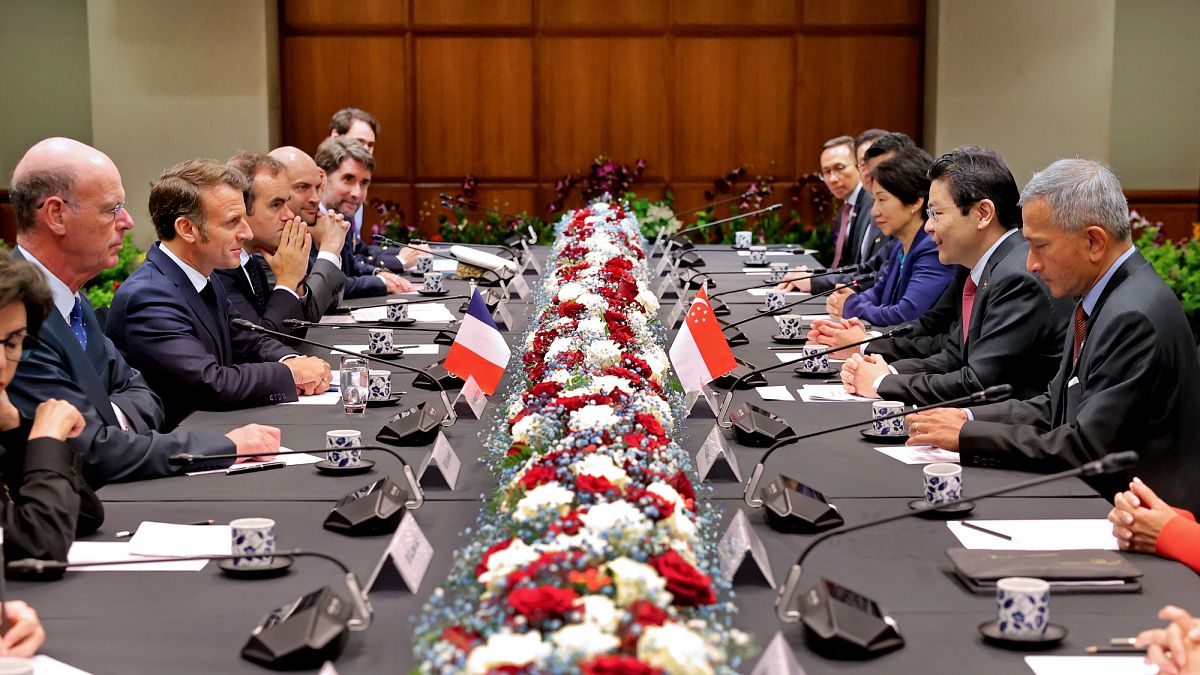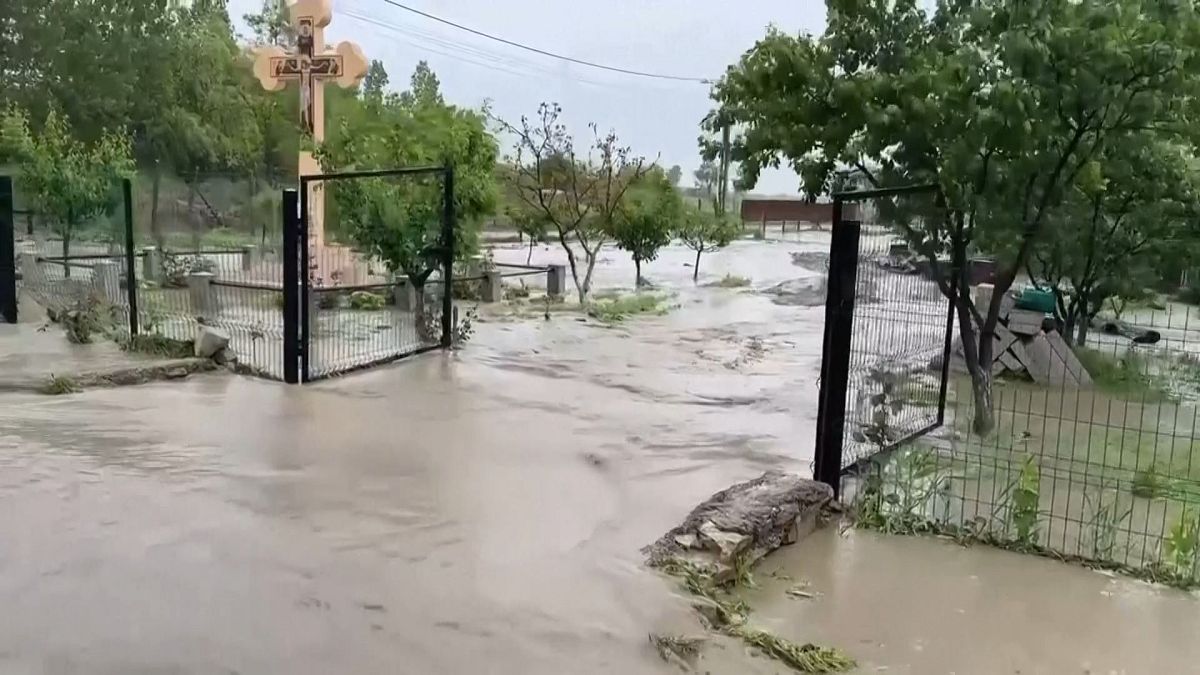EU lobby groups held 5,813 meetings between the beginning of the new European Commission (EC) mandate in December 2024 and 7 April 2025, according to Transparency International EU.
At least a third of all disclosed meetings addressed subjects related to the EU’s climate agenda.
Simplification and competitiveness top the list of most popular subjects for climate-related meetings, with 421 meetings mentioning one or the other, or both.
By contrast, the Green Deal as a subject has disappeared from the EU’s lobbying landscape, with 21 meetings specifically mentioning the bloc’s landmark climate package.
The digital policy area remains a major lobbying target, with 492 meetings mentioning related issues, including DSA enforcement and the AI Act.
Agriculture, automobiles, chemicals, big tech and finance dominate meetings with the Commission.
Nearly 37% of the EC meetings were with companies and groups, while almost 30% were with trade and business associations.
Meanwhile, only 16.21% of all meetings were with NGOs.
European farmers had 34 meetings. This is followed by the lobby groups European Automobile Manufacturers Association and BusinessEurope, both with 29 meetings each.
The only three NGOs in the top meetings with the European Commission are BEUC – European Consumer Organisation, with 28 meetings, the European Environmental Bureau (25), and the European Federation for Transport and Environment (20).
Unbalanced access raises eyebrows
Transparency International EU experts claim that a lack of balanced stakeholder access could lead to policy capture, where the Commission only caters to the interests of a select group of organisations.
“The laws drafted by the EU affect hundreds of millions of people. It is crucial that their voices are sufficiently heard in the decision-making process,” said Raphaël Kergueno, senior policy officer at Transparency International EU, and Ilaria Schmoland, Policy Assistant at Transparency International EU.
“Yet we are in a political landscape that is increasingly seeking to restrict civic space – both in Brussels and at a national level.”
At the beginning of the year, right-wing lawmakers protested about the use of public funds to help non-governmental organisations lobby MEPs and within the EU executive itself.
This raised criticism from Green MEPs, saying that the centre-right group EPP is embracing a cause associated with far-right parties’ narratives.
The European Parliament’s political group leaders were scheduled to vote on a committee of inquiry into NGOs proposed by ECR on 8 May, but the vote has been delayed to June.
Meanwhile, 600 civil society organisations have signed a joint statement saying their sector is “facing an unprecedented attack.”
“The attack, spearheaded by some MEPs from the European People’s Party (EPP) and by the far-right groups, is fuelled by disinformation,” stated Civil Society statement.
Video editor • Mert Can Yilmaz



